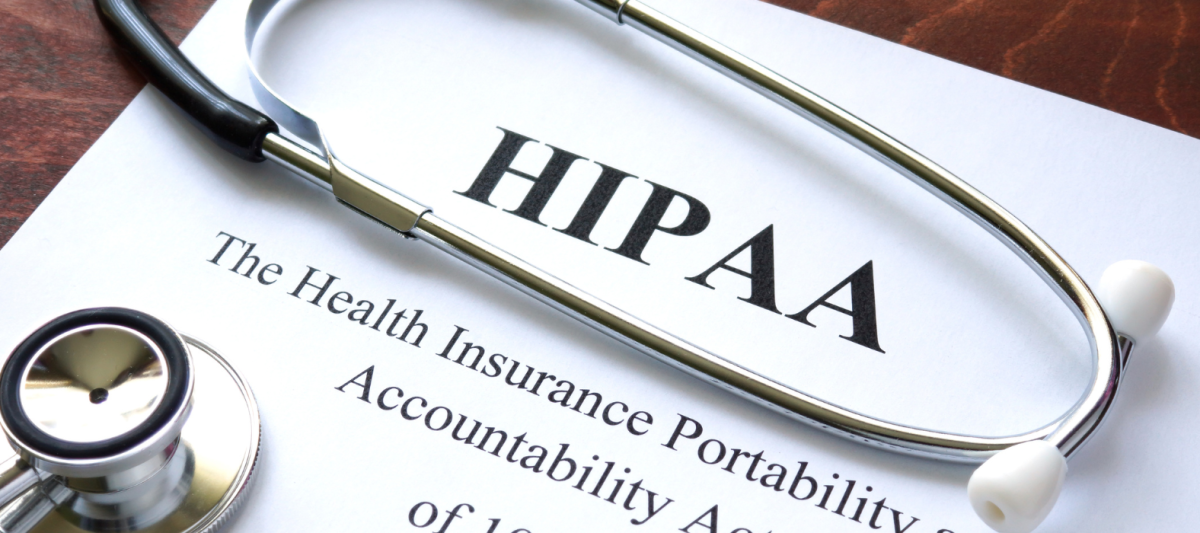
The HIPAA Security Risk Assessment - The Purpose of HIPAA
HIPAA, which stands for the Health Insurance Portability and Accountability Act, is a federal law enacted in 1996 with the primary goal of protecting the privacy and security of individuals' health information. The law applies to health care providers, health plans, and other organizations that handle individuals' health information. The purpose of HIPAA is to safeguard sensitive medical information and prevent unauthorized access, use, or disclosure of such information.
The Security and Privacy Rules
The Security and Privacy Rules, primary components of HIPAA law, establish national standards for the protection of individuals' health information. Under these rules, covered entities are required to implement administrative, physical, and technical safeguards to ensure the confidentiality, integrity, and availability of electronic protected health information (ePHI). This includes procedures for safeguarding ePHI during transmission, storage, and disposal, as well as policies for granting access to such information.
Covered entities must conduct regular risk assessments, develop and implement security policies and procedures, and train their employees on security best practices to protect ePHI. The HIPAA rules also require covered entities to have contingency plans in place to ensure the availability of ePHI in the event of a disaster or other emergency.
In addition to protecting the privacy and security of individuals' health information, HIPAA also includes provisions to ensure the portability of health insurance coverage. The law allows individuals to continue their health insurance coverage even if they change jobs or lose their job, and it prohibits health plans from denying coverage based on pre-existing conditions
Overall, the purpose of HIPAA is to protect the privacy and security of individuals' health information, ensure the portability of health insurance coverage, and promote the efficiency and effectiveness of the healthcare system. By setting national standards for the protection of health information, HIPAA helps to build trust between patients and healthcare providers, which is essential for delivering high-quality health care.
With that purpose in mind, covered entities must comply with the HIPAA Security Risk Assessment to take a complete look at their current security measures. The SRA was an intimidating and clunky part of a healthcare organization’s requirements, but Medcurity has simplified the assessment via our intuitive, easy-to-use HIPAA compliance platform.
_ _ _ _ _ _ _ _ _ _ _ _ _ _ _ _ _ _ _ _ _ _ _ _ _ _ _ _ _ _ _ _ _ _ _ _ _ _ _ _
Medcurity's Role:
Medcurity is designed to provide clarity and assurance in HIPAA compliance for healthcare providers and their business partners. Our structured Security Risk Assessment guides healthcare experts through a user-friendly, step-by-step evaluation with supplementary instructions and explanations. Beyond examining your technical safeguards, every covered entity must also assess its physical and administrative defenses. The Medcurity Security Risk Assessment seamlessly combines all three aspects.
As digital risks constantly evolve, Medcurity stays ahead by ensuring our Security Risk Assessment adheres to up-to-date government standards and proposes cutting-edge best practices for safeguarding electronic PHI. The SRA is user-friendly and efficient. Once finished, the platform auto-generates a prioritized task list, highlighting your most significant vulnerabilities and suggesting the optimal methods for achieving compliance.
Evaluating your technical safeguards is vital for compliance and safeguarding your patients from one of the most significant threats to their data. Cybercriminals are increasingly focusing on breaching healthcare information, as healthcare providers place high importance on the data they gather and often underestimate their vulnerabilities.
Identifying and addressing gaps in your system is challenging if you don't know where they exist. Instead of worrying about the growing risks to your protected data, conduct a thorough analysis to determine the actual vulnerabilities. Your patients trust you to secure their information.
The question isn't whether you'll be targeted by cybercriminals, but when. Proactively defending your digital data is crucial, as it helps prevent having to deal with the consequences and costs associated with stolen, lost, or ransomed data. Begin your HIPAA compliance journey and Security Risk Assessment today!
_ _ _ _ _ _ _ _ _ _ _ _ _ _ _ _ _ _ _ _ _ _ _ _ _ _ _ _ _ _ _ _ _ _ _ _ _ _ _ _
If you have further questions regarding HIPAA privacy and security safeguards, please reach out to your team at Medcurity. We’re here to bring clarity and confidence to your HIPAA compliance, so you can focus on providing the best patient care.